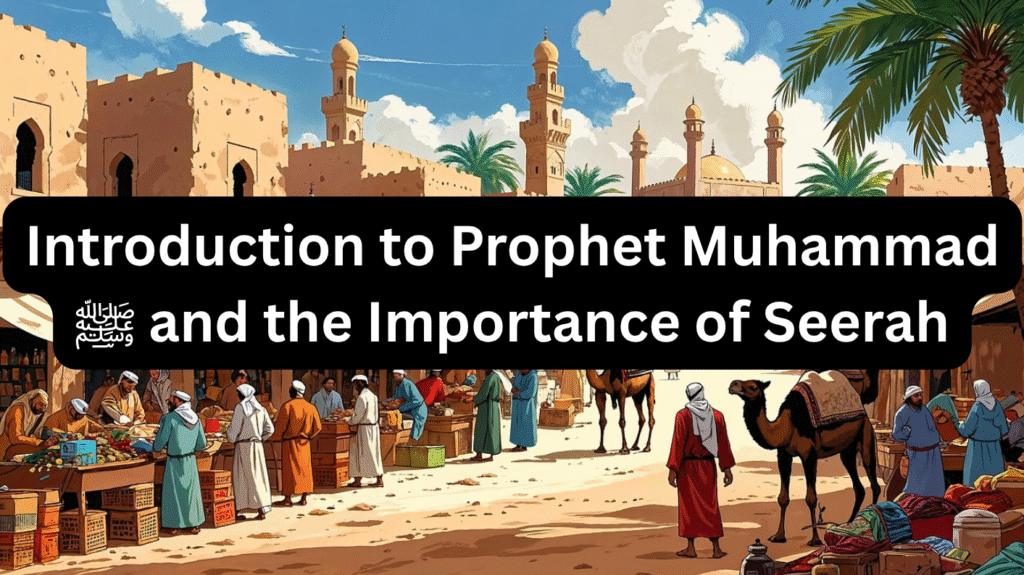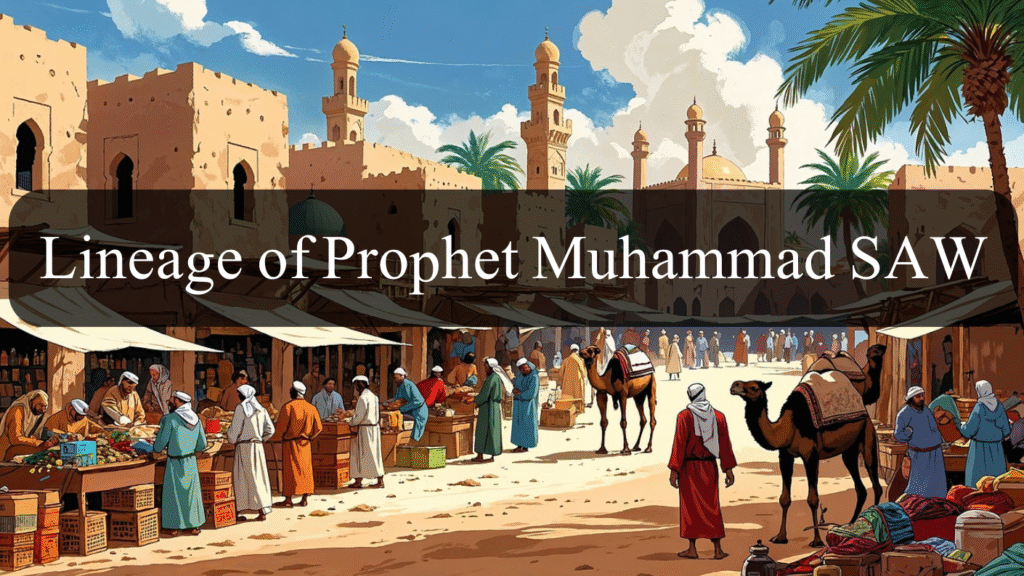Prophet Muhammad (PBUH) came with a divine message that awakened hearts across the Arabian Peninsula. His call to monotheism, justice, and compassion resonated deeply with those who were seeking truth. Among these truth-seekers was Abu Hurairah al-Dawsi (رضی اللہ عنہ), a remarkable man whose legacy lives on through thousands of Hadiths. His journey from the tribe of Daws in Yemen to becoming one of the most influential companions of the Prophet Muhammad (PBUH) is both touching and spiritually uplifting.
Who Was Abu Hurairah?
Abu Hurairah (رضی اللہ عنہ), born as Abd al-Rahman ibn Sakhr, belonged to the tribe of Daws, situated in the southern part of Arabia, near present-day Yemen. His nickname, Abu Hurairah, meaning “Father of the Kitten,” reflected his affection for a small cat he often carried.
Before Islam, he led a humble life without much fame or power. What set him apart was his sharp memory and open heart—qualities that would make him one of the most important narrators of Islamic tradition.
The Dawah Reaches the Daws Tribe
As Prophet Muhammad (PBUH) began spreading Islam in Makkah, the message reached far and wide, even to remote tribes. One of the earliest converts from the Daws tribe was Tufayl ibn Amr, a prominent leader and poet. After accepting Islam during a visit to Makkah, Tufayl returned to his people with zeal, inviting them to worship Allah alone and follow the teachings of Prophet Muhammad (PBUH).
Initially, only a few responded, but one of them was Abu Hurairah. He was deeply moved by the monotheistic message and the character of Prophet Muhammad (PBUH), even without having met him yet.
Traveling to Meet the Prophet Muhammad (PBUH)
Abu Hurairah’s love for the message led him to journey to Madinah, where the Prophet (PBUH) had already established an Islamic state. He arrived during the 7th year of Hijrah, around the time of the Battle of Khaybar.
Upon meeting Prophet Muhammad (PBUH), Abu Hurairah immediately embraced Islam with sincerity and devotion. He chose to dedicate his life to staying close to the Prophet, learning from him, and preserving his words.
A Life of Devotion and Knowledge
After his conversion, Abu Hurairah lived in poverty but contentment. He joined the Ahl al-Suffah, a group of devout Muslims who lived in the mosque and spent their days studying the Qur’an and Hadith directly under the guidance of Prophet Muhammad (PBUH).
Though he only spent a few years with the Prophet, Abu Hurairah (رضی اللہ عنہ) became the most prolific narrator of Hadith. He preserved and reported more than 5,300 sayings of the Prophet Muhammad (PBUH) — more than any other companion.
His strong memory, sincere devotion, and tireless learning allowed him to become a pillar in the preservation of Islamic teachings.
Legacy and Impact
Abu Hurairah’s (رضی اللہ عنہ) story shows us that even a short time in the company of Prophet Muhammad (PBUH) can change a person forever. His love and respect for the Prophet were so deep that he spent the rest of his life sharing the wisdom he had gained.
He passed away in the year 681 CE (59 AH) in Madinah, and his legacy continues to influence Muslims around the world today.
Lessons from Abu Hurairah’s Story
The message of Prophet Muhammad (PBUH) reached sincere seekers regardless of their location or status.
True devotion and commitment can leave a lasting impact on generations.
One man’s faith and memory can help preserve an entire body of sacred knowledge.
Conclusion
The conversion story of Abu Hurairah al-Dawsi (رضی اللہ عنہ) is more than just a historical moment — it’s a lesson in sincerity, devotion, and divine destiny. Through his meeting with Prophet Muhammad (PBUH), he became a key figure in the preservation of Islam, leaving behind a legacy of knowledge, faith, and love that continues to enlighten us today.





